-
Noel and Sian’s book and podcast interview!
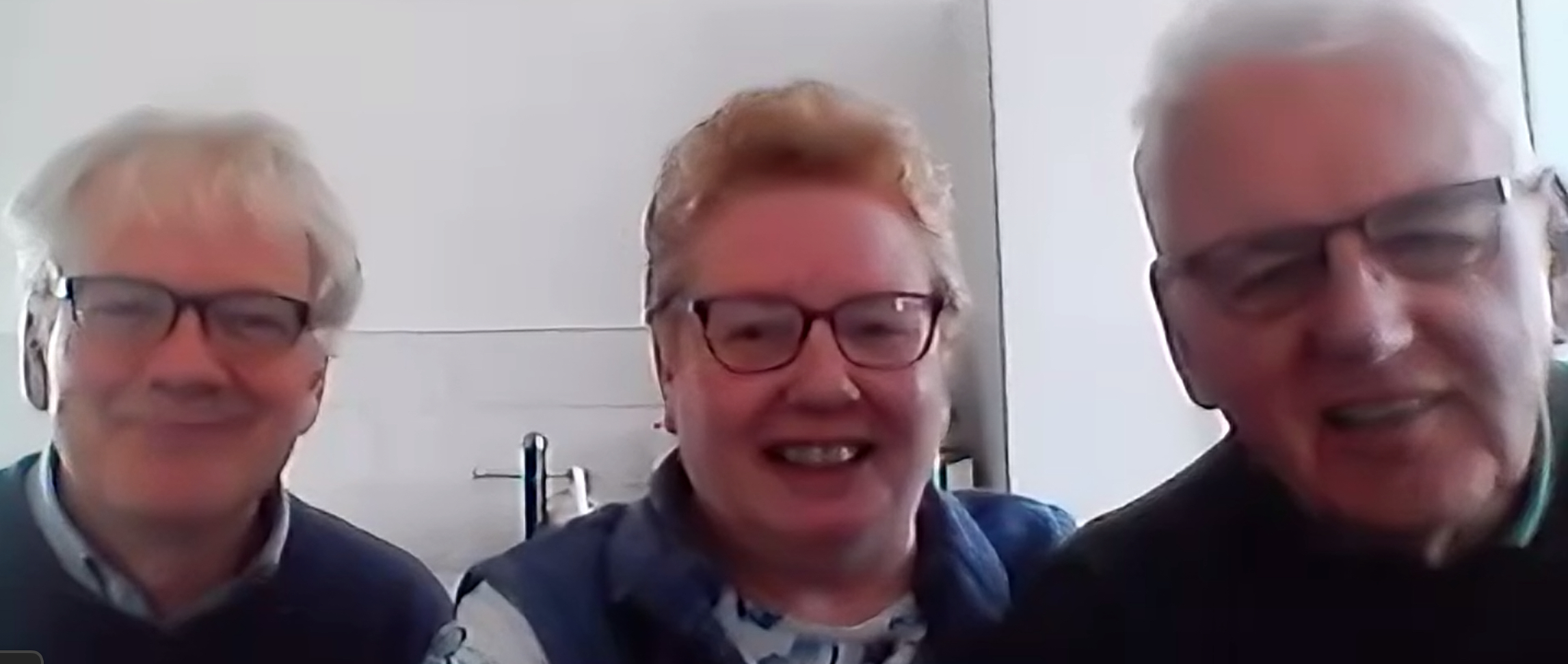 Read More…: Noel and Sian’s book and podcast interview!
Read More…: Noel and Sian’s book and podcast interview!I’m delighted to tell you that Noel and Sian Thomas’s book The Stamp of Innocence is available as an ebook from Amazon. Noel was prosecuted by the Post Office and sent to prison in 2006. On getting out the Post Office went after his house and pension. Noel had his conviction quashed at the Court of Appeal in 2021. To mark the auspicious moment of his book’s publication, Rebecca Thomson and I interviewed Aled (Noel and Sian’s ghostwriter) and Noel for our podcast Investigating the Post Office Scandal. Sian was there to sort the technicals (see above pic), but had…
-
A family’s pain…
 Read More…: A family’s pain…
Read More…: A family’s pain…Three days after the historic, celebratory scenes outside the Royal Courts of Justice on 23 April 2021, I got an email from Paul Cousins (Jnr), Wendy Cousins’ son. Wendy Cousins was one of the three Subpostmasters whose conviction was upheld by the Court of Appeal. Paul wrote: For us it was another disastrous day. My mother described it as the worst day since the very day the post office was shut without notice and the house was searched. I noted your piece outside the court on LBC News – talking about collusion with the government and the power of an…
-
Calling former Subpostmasters, managers and Post Office employees…
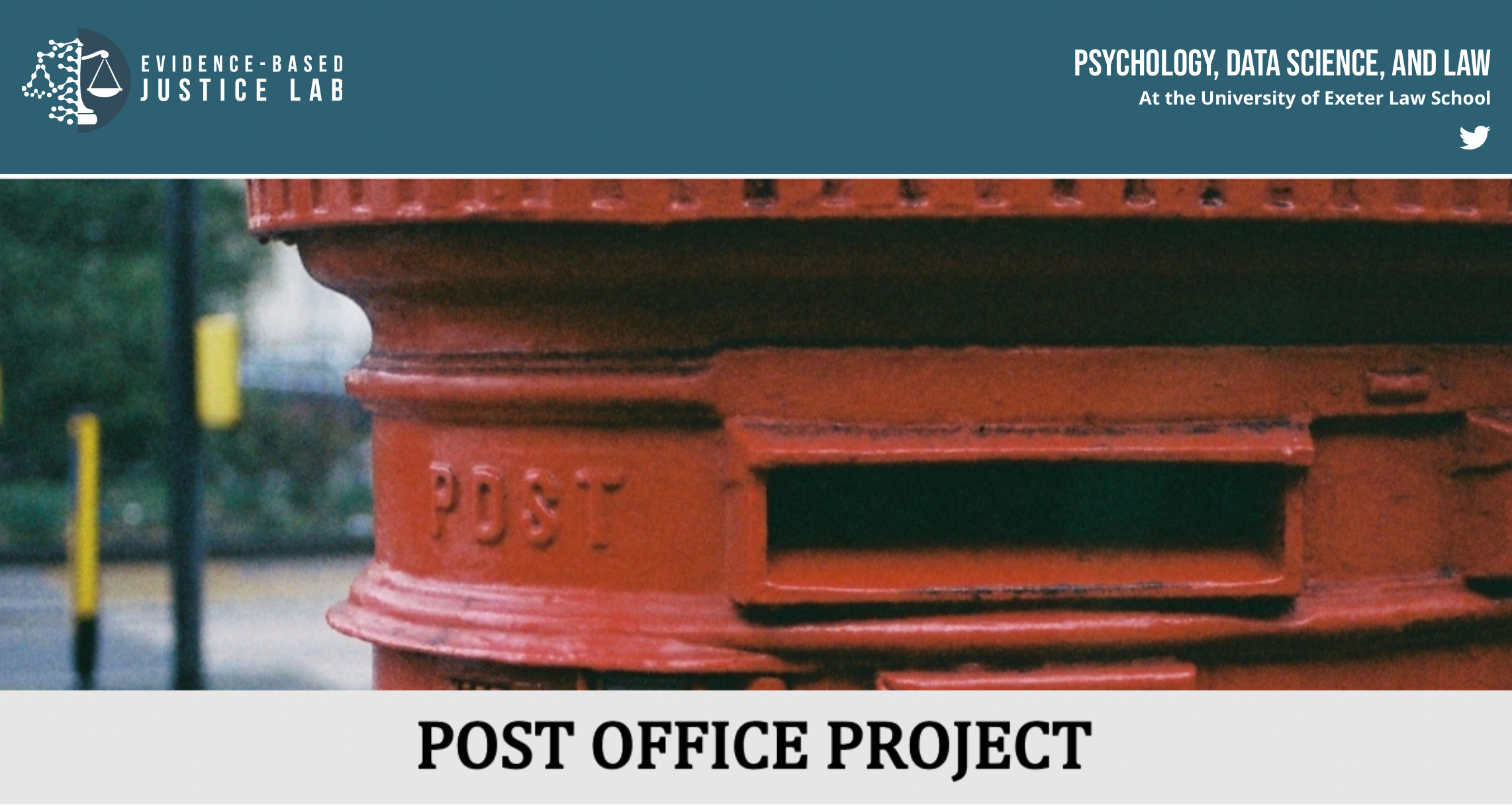 Read More…: Calling former Subpostmasters, managers and Post Office employees…
Read More…: Calling former Subpostmasters, managers and Post Office employees…Professor Richard Moorhead will be known to some of you. He writes a well-regarded legal ethics blog (“Lawyer Watch“) and a free substack site dedicated to matters arising from the Post Office Horizon scandal. He is also a member of the Horizon Compensation Advisory Board. In addition to this Prof Moorhead has been running various research projects looking into the Horizon scandal. I have news of a new one. This, as it says below – is for any Subpostmaster, branch manager/assistant or Crown Office employee who was threatened with legal action or sued/prosecuted by the Post Office. The press release…
-
Nothing personal, Mr Castleton. It’s just justice…
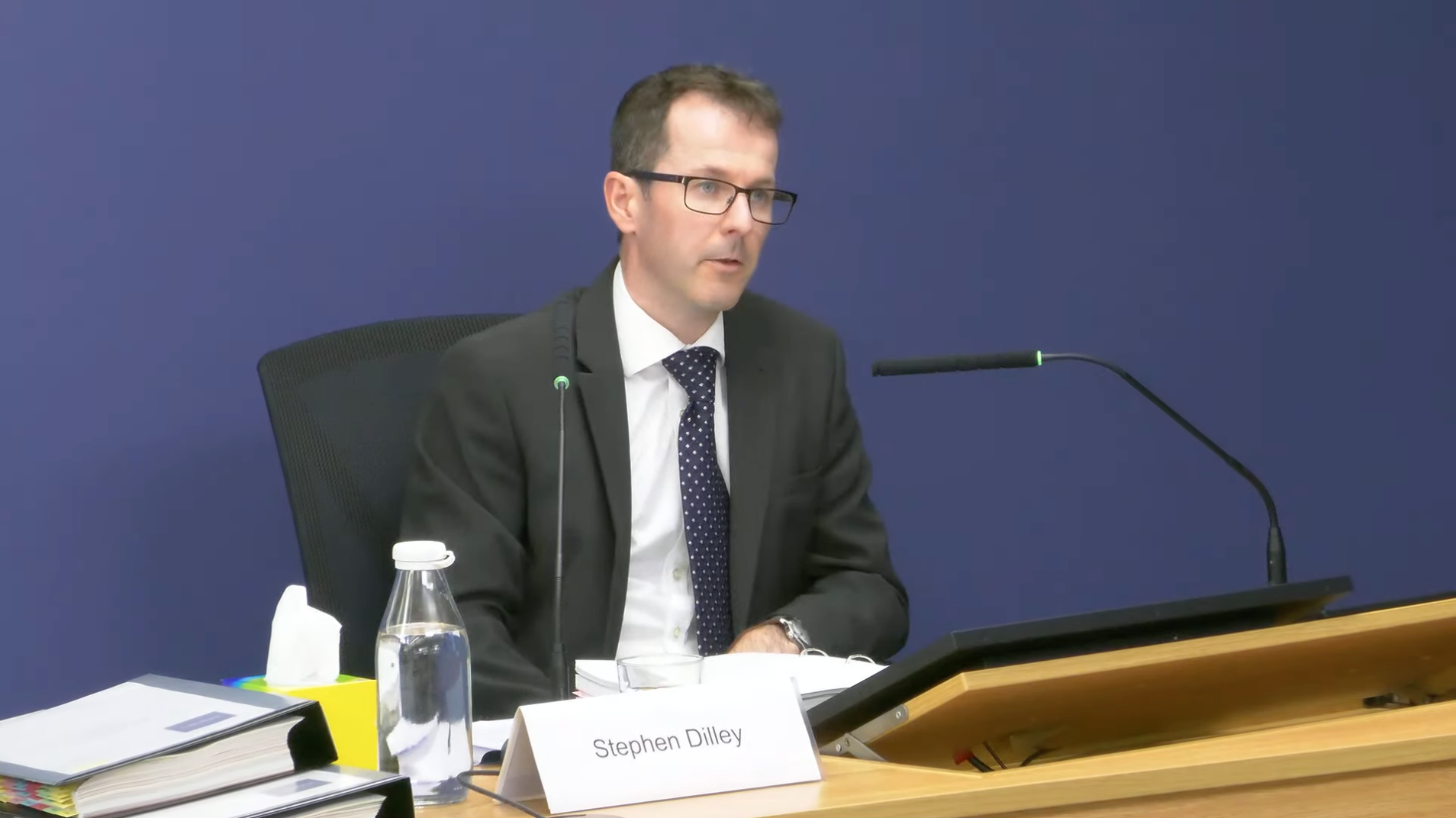 Read More…: Nothing personal, Mr Castleton. It’s just justice…
Read More…: Nothing personal, Mr Castleton. It’s just justice…Today, Stephen Dilley, a partner at Womble Bond Dickinson, gave evidence to the Post Office Horizon IT Inquiry. Womble have a long and inglorious history with the Post Office, right up to acting for them (disastrously) in the Bates v Post Office group litigation. Back when they were known as Bond Pearce, Dilley helped the Post Office destroy former Bridlington Subpostmaster Lee Castleton at the High Court. Today, Lee Castleton, and his wife Lisa sat before Dilley at the Inquiry. Lee Castleton’s daughter, Millie-Jo, who is now in her twenties, has written to the Inquiry about her family’s experience at…
-
Post Office auditor signed Court statement containing info she knew was false
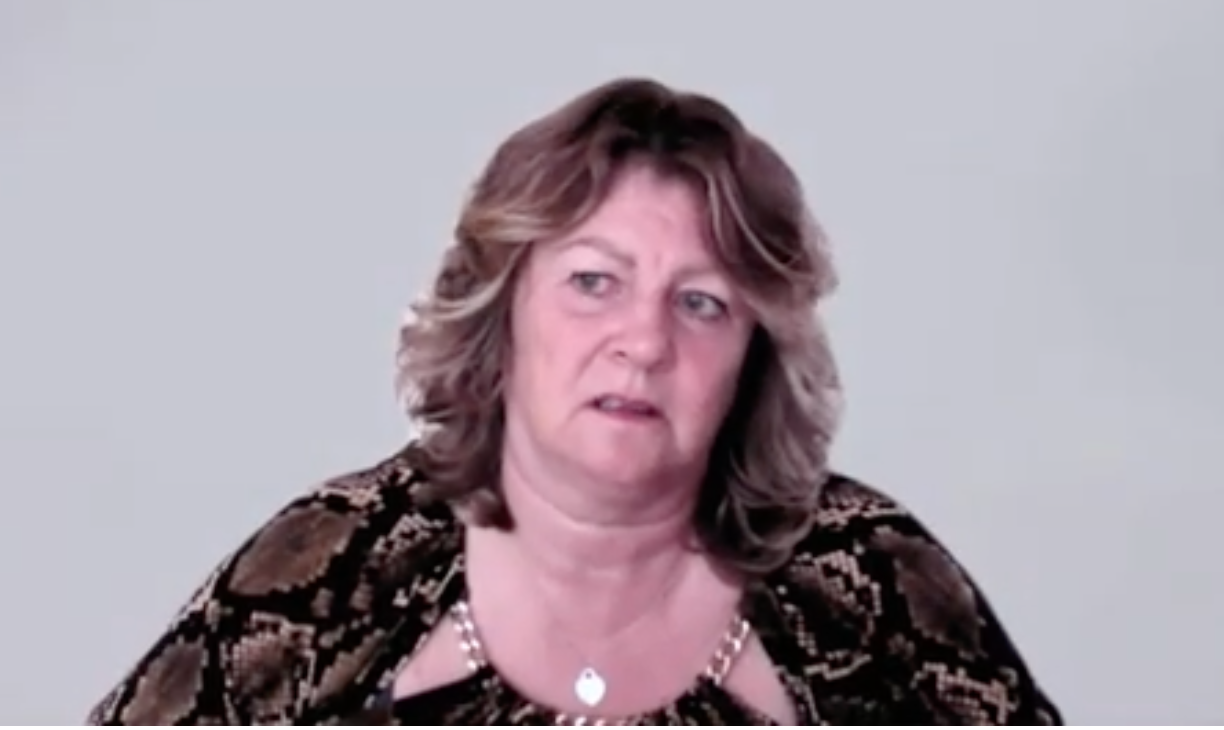 Read More…: Post Office auditor signed Court statement containing info she knew was false
Read More…: Post Office auditor signed Court statement containing info she knew was falseHelen Rose is a former Post Office auditor and investigator. Mrs Rose has no formal auditing qualifications or training, no training she can recall on the Post Office Horizon IT system and no formal training in investigation. She is also the author of the Helen Rose report, which provided some of the first concrete evidence that incomplete information was being used as the basis of Horizon prosecutions. More on that here. Today at the Post Office Horizon IT Inquiry, Mrs Rose was asked about a witness statement she made during the trial of Lee Castleton, a Subpostmaster who was bankrupted…
-
Govt offers “eligible” Postmasters £600,000 take-it-or-leave-it compensation
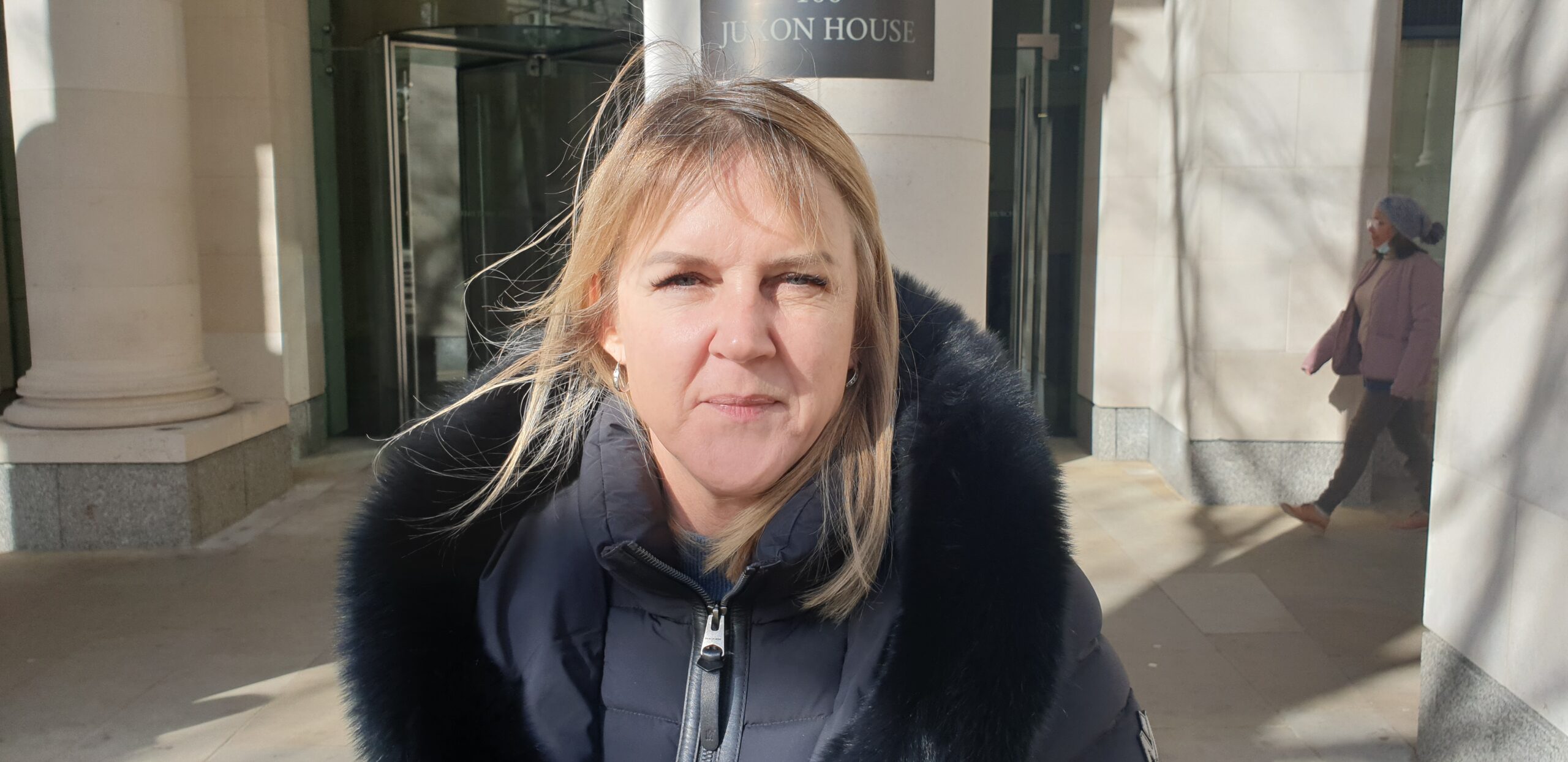 Read More…: Govt offers “eligible” Postmasters £600,000 take-it-or-leave-it compensation
Read More…: Govt offers “eligible” Postmasters £600,000 take-it-or-leave-it compensationThe government has tried to break the compensation impasse for “eligible” Subpostmasters whose convictions have been quashed. The deal on the table is £600,000 to walk away. This is the transcript of the announcement and subsequent debate in parliament. The maximum number of people who qualify for the deal are the 86 Subpostmasters whose convictions have been quashed. I have asked if this includes Vipin Patel, Teju Adedayo and Parmod Kalia, three Subpostmasters whose convictions have been quashed, but who the Post Office/government is refusing to compensate because they believe Horizon evidence was not essential to their prosecutions. There is…
-
Will Post Office execs continue to be given bonuses for their Inquiry work?
 Read More…: Will Post Office execs continue to be given bonuses for their Inquiry work?
Read More…: Will Post Office execs continue to be given bonuses for their Inquiry work?Earlier this week I spotted a job advert for a Senior Legal Counsel at the Post Office, reporting to the Post Office’s Head of Legal specifically responsible for matters relating to the statutory Post Office Horizon IT Inquiry. The Post Office has recently been hauled over the coals by politicians for rewarding its Chief Executive and senior leaders tens of thousands of pounds in bonuses for their work on the Inquiry. This is an Inquiry set up, remember, to work out how and why the Post Office wrongly prosecuted hundreds of innocent Subpostmasters, many of whom are still fighting to…
-
Racist ID codes. When did they leave the Met?
 Read More…: Racist ID codes. When did they leave the Met?
Read More…: Racist ID codes. When did they leave the Met?On 2 June 2023 I sent a Freedom of Information (FOI) request to the Metropolitan Police, London’s police force. I asked: “Could you tell me when the police stopped using the word “negroid” in its racial identification codes? Please can you supply me with documentation supporting this?” To give the Met’s FOI department some context, I wrote, as part of my request: The Post Office was using the term “negroid” in its IC codes in 2008: https://www.whatdotheyknow.com/request/970116/response/2316334/attach/3/FOI2023%2000205%20Information%20Redacted.pdf?cookie_passthrough=1 [Subsequent to my 2nd June request we discovered the Post Office was using the term “negroid” in its investigation guidance in 2011 – as…
-
Ed Henry KC: “You couldn’t contrive a more ridiculous state of affairs”
 Read More…: Ed Henry KC: “You couldn’t contrive a more ridiculous state of affairs”
Read More…: Ed Henry KC: “You couldn’t contrive a more ridiculous state of affairs”In the course of preparing for a recent Sunday Times piece into the latest on the Post Office disaster, I spoke to a number of people. For reasons of space, many of their contributions were edited down to a couple of short quotes, or they simply didn’t make it into the piece at all. Nonetheless, what they had to say was fascinating and I remain grateful for their time. I have already published my exchanges with Horizon Compensation Advisory Board members Lord Arbuthnot (“I feel we are heading in the right direction“) and Professor Richard Moorhead (“Crass does not come…
-
Prof Moorhead: “Crass does not come close”
 Read More…: Prof Moorhead: “Crass does not come close”
Read More…: Prof Moorhead: “Crass does not come close”Following a Q&A with one member of the independent Horizon Compensation Advisory Board (Lord Arbuthnot) earlier this week, I am delighted to bring you another. Richard Moorhead is Professor of Legal Ethics at Exeter University and a respected industry blogger. He has taken a close professional interest in the legal failings which contributed to the Post Office Horizon scandal. You can read his dedicated substack column here. Prof Moorhead’s thoughtful and measured contributions brought him to the attention of the government, which led to his invitation to sit on the HCAB. In recent weeks we have had the Bonusgate revelations…
Archives
- ▼2025
Most Popular
Tags
Alan Bates alice perkins Alwen Lyons Andrew Winn Andy Dunks Andy Parsons Bates v Post Office Bonusgate CCRC Chris Aujard Clarke Advice False Accounts Fujitsu Gareth Jenkins Grabiner HCAB Horizon Hugh Flemington Inquiry Interim Report Janet Skinner Jarnail Singh Kevin Hollinrake Lee Castleton Lord Arbuthnot Nicki Arch Nick Read Noel Thomas Paula Vennells Paul Marshall Post Office Rebecca Thomson Receipts and Payments mismatch bug Richard Moorhead Rob Wilson Rod Ismay Rodric Williams Second Sight Seema Misra ShEx Simon Clarke Susan Crichton Swift Review Tracy Felstead UKGI
Categories
- Appeals (18)
- Blog (17)
- Book (11)
- Civil litigation (47)
- Compensation (42)
- Corporate (23)
- Fujitsu (31)
- Inquiry (119)
- IT (40)
- Live Events (6)
- Podcast (7)
- Police investigation (12)
- Prosecutions (47)
